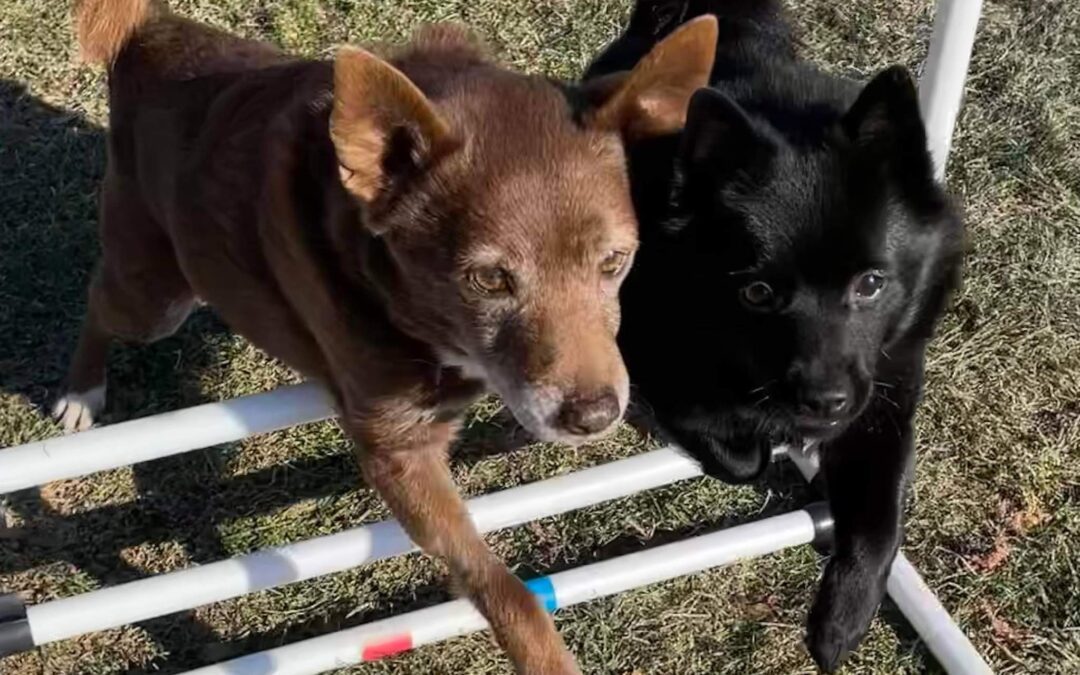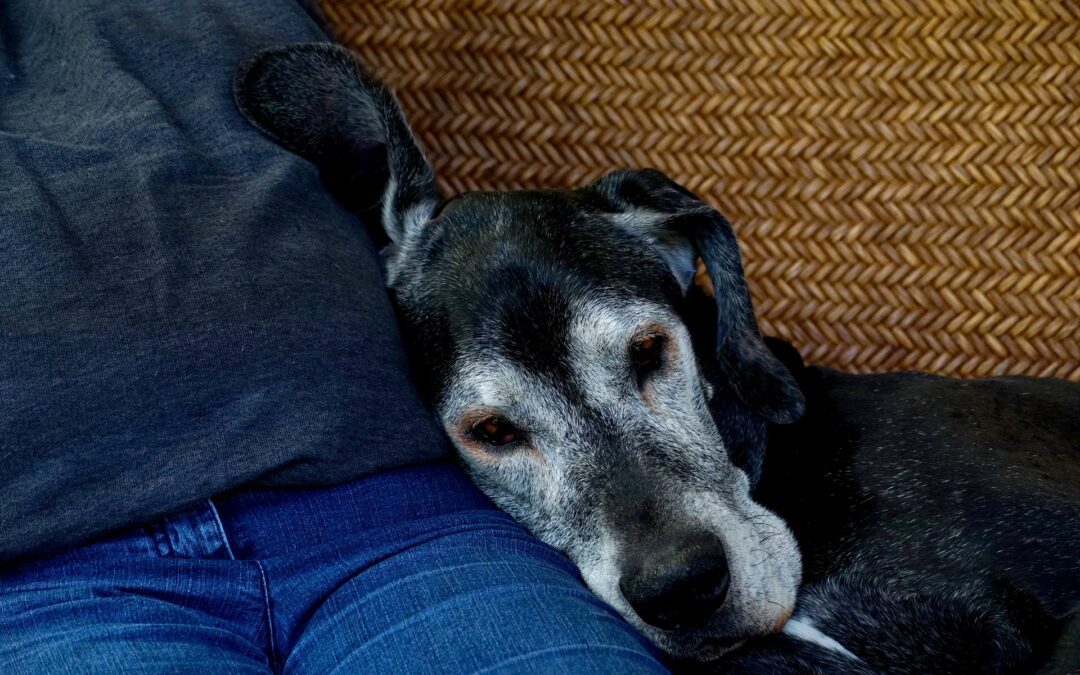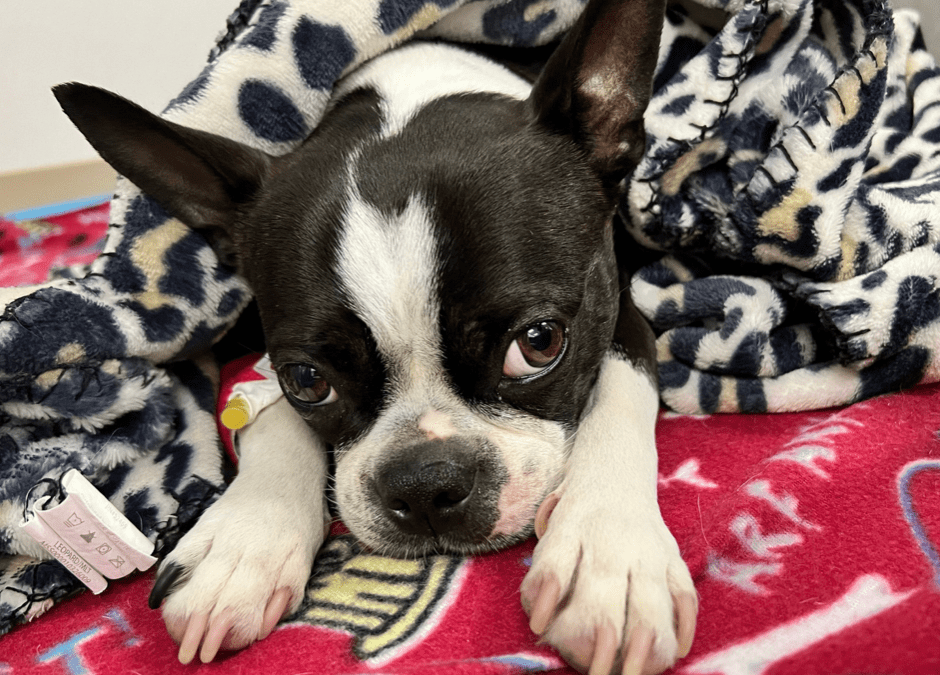LRVSS’s Blog
Real stories about actual LRVSS patients.

Why should I treat cancer in my pet? (part 2)
This is part 2 of our answer to this fair and difficult question: “Why should I treat cancer in my pet?” You can read part 1 here: Why should I treat cancer in my pet? (part 1) Here are 3 more reasons to treat your pet. 4. Treating cancer can improve quantity of life...

Why should I treat cancer in my pet? (part 1)
We treat a huge number of cats and dogs with cancer. A fair but difficult question to ask is: “Why should I treat my pet if (s)he has cancer and is going to die from it anyway?” Can you imagine being the vet having to answer that question? Well, that’s what we’re...

Why does my pet have cancer?
Duke, a gorgeous 8-year-old Lab, was initially diagnosed with an ACL tear. Yet when I saw him, several things didn’t make sense. We repeated X-rays, which confirmed my suspicion. Imagine the difficult conversation that followed: “Ms. Smith, Duke does not have a torn...

Odin and the Big Bad Evil Prostate
Odin, a 9-year-old, intact (i.e. not neutered) pit bull, was extremely sick when he arrived at LRVSS. He was weak, unable to urinate and straining to defecate. A catheter had to be used repeatedly to drain his bladder. This is a temporary solution since it can cause a...

How Can You Tell If Your Dog Is In Pain?
At LRVSS, one of the most common questions we hear from dog owners is: “Is (s)he in pain?” Most times, the answer is obviously “yes”, but sometimes it is more difficult to tell. Dogs are very good at hiding their pain - an instinct from the Wild, where the sick and...

Can A Pet Be Happy After Amputation?
We perform a surprisingly large number of leg amputations in cats and dogs at LRVSS. When we recommend sacrificing a leg, it’s never for fun. It’s always to help a pet feel better, once the source of the pain is removed. The biggest obstacle is most often in the pet...

Molly, From Snoring Loudly To Breathing Quietly
Molly, a 4 year old Bulldog, was struggling to breathe by day and snoring loudly at night. Her owner writes: “Molly has essentially snored since we got her at 3 months. Before she was spayed, she was evaluated “somewhere else” and we were told things didn’t look so...

Extreme Makeover – Brodi’s Large Chin Mass
Brodi, a 14 year old miniature poodle, had a big mass on his chin. In fact, he had 2 masses, right next to each other. FAIR WARNING. The pictures below can be considered graphic by some sensitive readers, so please don’t look if you think you might feel queasy!!! A...

4 Ways to Fight Cancer
A surgeon I know used to say: “I would rather be a surgeon treating cancer than an internist battling kidney failure or a cardiologist fighting heart failure.”Cancer surgery is one of our most common surgeries at Lehigh Regional. We have made tremendous progress in...

5 Ways We Keep Patients Warm During Surgery
We are ever so slightly obsessed with keeping patients warm before, during and after surgery. Why? Because patients with a low body temperature will process anesthesia drugs more slowly. As a consequence, they have a slower and tougher recovery. Let’s go over what we...
